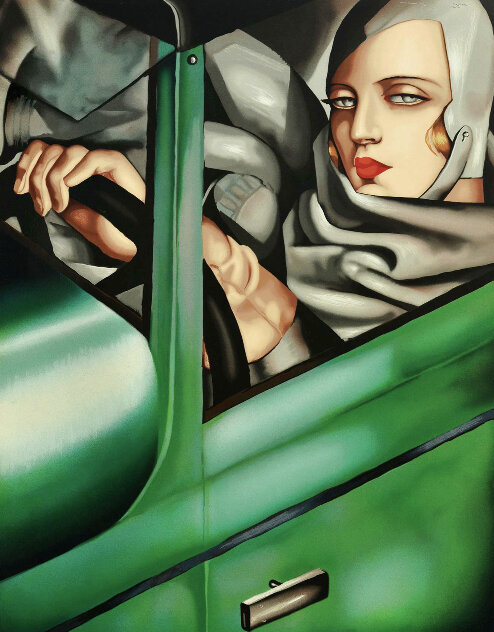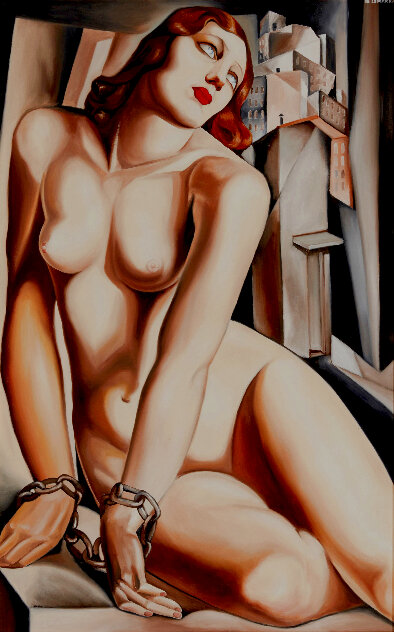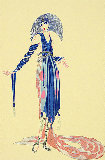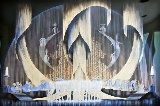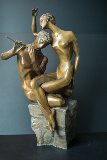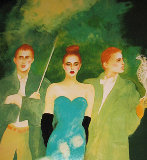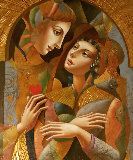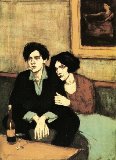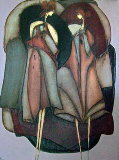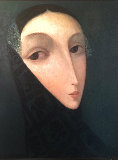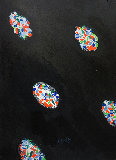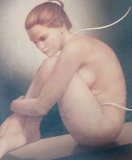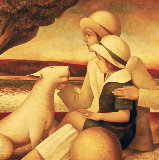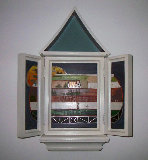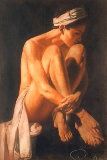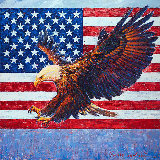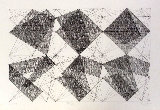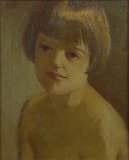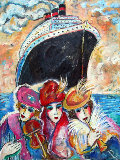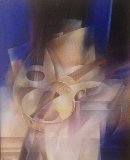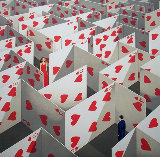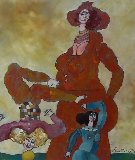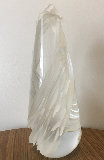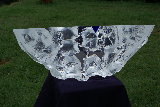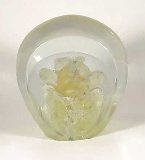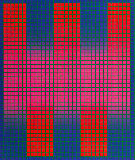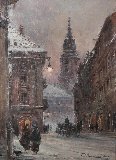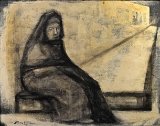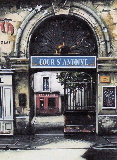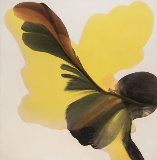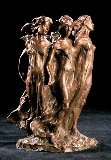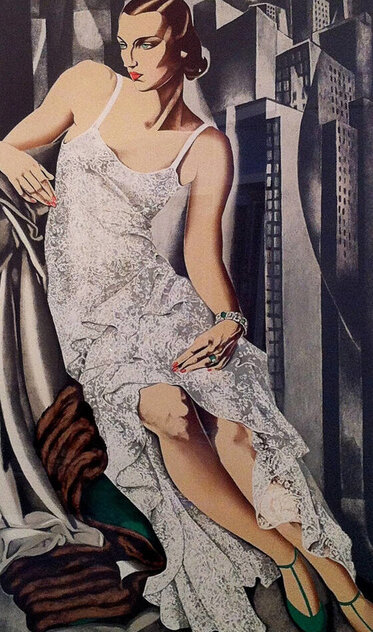






Lady in Lace 1972
Tamara de Lempicka
Limited Edition Print : Lithograph
Size : 26x15.25 in | 66x39 cm
Framed : 25.5x36.75 in | 65x93 cm
Edition : From the Edition of 300
- 🔥🔥🔥1972 Framed Limited Edition Lithograph - 14 Watchers - A Real Steal - Inquire $3,700
Year1972
Estate SignedLower Right
Condition Excellent
Framed with Glass
Story / Additional InfoPrivate collection.
Certificate of AuthenticityArt Brokerage
LID39035
Tamara de Lempicka - Poland
Art Brokerage: Tamara de Lempicka Polish Artist: b. 1898-1980. When someone mentions the Roaring Twenties, it conjures up the Jazz Age, flappers, Prohibition, the Charleston, gangsters, The Great Gatsby, Mary Pickford, and F. Scott Fitzgerald. . We have access to most of Tamara de Lempicka prints. email us. Tamara de Lempicka was born as Maria Gorski, daughter of a upper class family, in Warsaw on 16 May 1898. She spent her youth in Lausanne and with her relatives in St. Petersburg. In 1916 she married the lawyer Tadeusz Lempicki in St. Petersburg. In 1918 she, who called herself Tamara in the meantime, fled together with her husband and her family from the Russian revolution to Paris. On the one hand Lempicka looked for a lucrative activity, but on the other hand she was looking for integration into the society of Paris, for which painting or rather portraiture is supposed to give her the possibility to. Together with her sister Adrienne the first exhibition at the Salon d'Automne took place in autumn 1922. For the sake of better integration into the higher French circles she adds the French 'de' to her name. Until 1925 de Lempicka also experimented with the way of writing her signature, because she used the male form of her name, she passed herself off as an artist. At the end of 1925 she had her first single exhibition in Milan and now appeared as a woman as well. In the 1920s she took painting lessons at the Académie Chaumière and with Maurice Denis' and André Lhote. De Lempicka mainly devoted herself to portraiture, just a few still lifes, city landscapes or abstract compositions can be found within her oeuvre. Around 1935 the successful phase of the work of de Lempicka came to an end. Her painting lost its metallic character and flattened formally as well as regards content. In 1939 the artist emigrated together with her second husband Baron Raoul Kuffner to the USA. There they lived at first in Beverly Hills and from 1943 on in New York. After the war Tamara de Lempicka returned temporarily to Paris, but after the death of her husband in 1962 she moved her domicile to Houston, Texas, where her daughter lived. At the end of the fifties she gave herself a try with abstract painting and at the beginning of the 1960s with late impressionistic appearing spatula pictures, with which she remains unsuccessful however. An exhibition on art of the 1920s in Paris in 1920 and a monographic retrospective, which was organised by Alain Blondel in 1972, the interest in Tamara de Lempicka's paintings was reawakened. In 1978 she moved to Mexico; she did not want to accept her age and looked for a closeness to youth. Tamara de Lempicka died in Cuernavaca, Mexico on 18 March 1980. Listings wanted by Art Brokerage.

